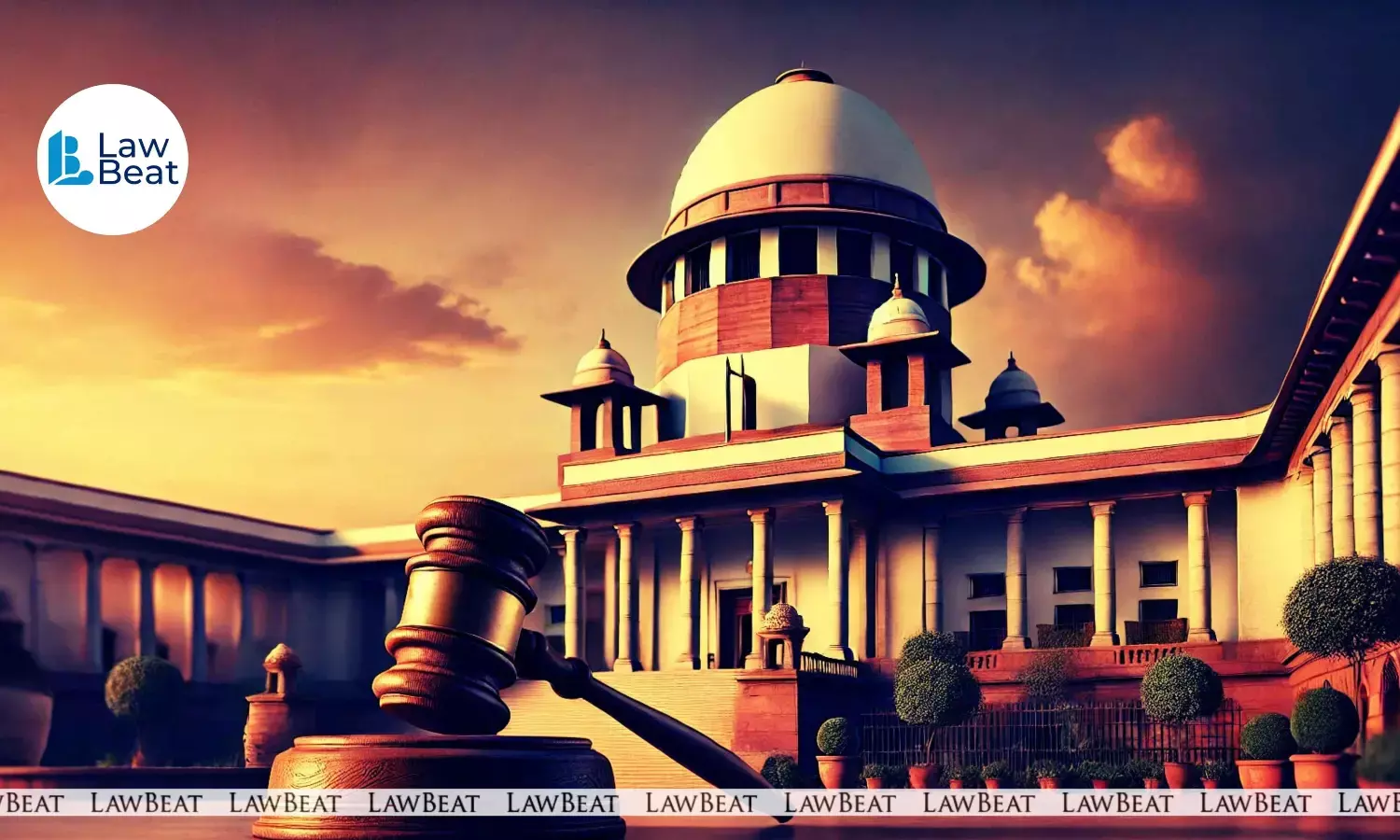PIL In Supreme Court Calls For Legal Education Commission In Line With NEP 2020

A Public Interest Litigation (PIL) has been filed before the Supreme Court under Article 32 of the Constitution, seeking the formation of a Legal Education Commission or an Expert Committee to review and restructure the existing syllabus, curriculum, and duration of LLB and LLM courses in India.
The PIL filed through Advocate Ashwini Kumar Upadhyay urges the Court to direct the Central Government to undertake reforms in legal education in light of the National Education Policy (NEP) 2020, aiming to make legal studies more inclusive, rational, and aligned with modern educational principles.
"It is very unfortunate that neither the Centre has constituted a Legal Education Commission on the lines of Medical Education Commission nor the Bar Council of India has constituted an Expert Committee of Jurists & Professors to review the subjects and the duration of the Course in letter and spirit of the New Education Policy 2020," the PIL reads.
The petitioner contends that the current five-year integrated law programmes such as BA-LLB and BBA-LLB are excessively long, financially burdensome, and academically inefficient. It is argues that the extended course duration, coupled with non-law subjects like Sociology, Political Science, History, and English, unnecessarily prolongs students’ educational journey without contributing significantly to their legal proficiency.
Quoting recent policy statements by the University Grants Commission (UGC), the PIL points out that students with four-year undergraduate degrees are now eligible to directly pursue PhD programmes and appear for the National Eligibility Test (NET), irrespective of their undergraduate stream. This development, the petitioner argues, highlights the flexibility promoted by the NEP 2020—a flexibility missing in legal education.
Citing a Hindustan Times news report dated April 21, 2024, the PIL underscores the shifting academic landscape and the failure of the Bar Council of India (BCI) to respond to such changes. It asserts that legal education has remained static even as other professional disciplines have undergone significant reform, especially in light of the NEP’s emphasis on multidisciplinary, flexible, and student-centric learning.
The petitioner raises concerns about the disproportionate financial burden imposed on students from lower and middle-income backgrounds, arguing that a five-year law programme effectively bars talented but economically disadvantaged students from entering the legal profession. In contrast, the petitioner notes, engineering degrees from premier institutions such as the IITs are completed within four years, with a more focused and streamlined curriculum.
The PIL also argues that subjects unrelated to law; such as Economics, Sociology, and History, are compulsorily taught during the first two years of integrated law programmes. At institutions like NLU Nagpur, only 32 out of 50 exams conducted over five years are related to law, while the remaining 18 pertain to non-law disciplines. This, the petitioner claims, not only dilutes the quality of legal education but also causes unnecessary stress to students, especially those from science backgrounds who have no prior exposure to humanities.
Further, the PIL describes the current structure as a "sacrilege" of the New Education Policy. It points out that the policy champions universal access, affordability, and quality education, while the five-year structure does the opposite by making legal education longer, costlier, and less accessible. It also notes the inconsistency of forcing students to undertake two full graduation programmes (e.g., BA and LLB) in a single course, arguing that this practice is outdated and without justification.
The petitioner also draws historical comparisons, noting that eminent legal figures such as the late Ram Jethmalani and Fali S. Nariman began practicing law at the ages of 17 and 21, respectively, under the previous three-year LLB structure. The new integrated model, in contrast, delays the entry of law graduates into the profession, causing unnecessary loss of productive years.
"Today, the total lifespan has decreased from 100 years to 80 years, and the voting age has been reduced from 21 years to 18 years. People are maturing earlier with respect to their age. A 04-year law course will be better equipped for the young generation," the plea reads.
The PIL expresses concern about the current model’s impact on practical learning as well. It claims that students often skip classes to pursue internships, and the final two years of the course are disproportionately spent on internships while colleges continue to charge full tuition fees.
The petitioner concludes that a four-year professional law degree, structured similarly to a B.Tech, would be more appropriate. Such a reform would not only reduce costs and time but also attract brighter minds into the legal field, enhance focus on core legal subjects, and be more consistent with the vision of the NEP 2020.
"The 5 years B. Law has been designed for extracting money and the most egregious part is that such dirty trick is being used in the name of education. A five-year course is no benchmark for judging the legal expertise of any student," it states.
In light of the urgency of upcoming law college admissions, the petitioner has requested the Apex Court to expedite the matter. The PIL stresses that while the issue may appear academic to regulatory bodies, it directly affects the future and livelihood of thousands of law aspirants across the country.
"Direct the Centre to setup a Legal Education Commission or an Expert Committee consisting Eminent Educationists, Jurists, Retired Judges, Advocates and Professors to Review the Syllabus, Curriculum and the Duration of the LLB and LLM Courses and make it most appropriate," the PIL prays.
The matter is expected to come up for hearing on May 9 (Friday).
Case Title: Ashwini Kumar Upadhyay v. Union of India & Ors. [Diary No.23243/2025]
